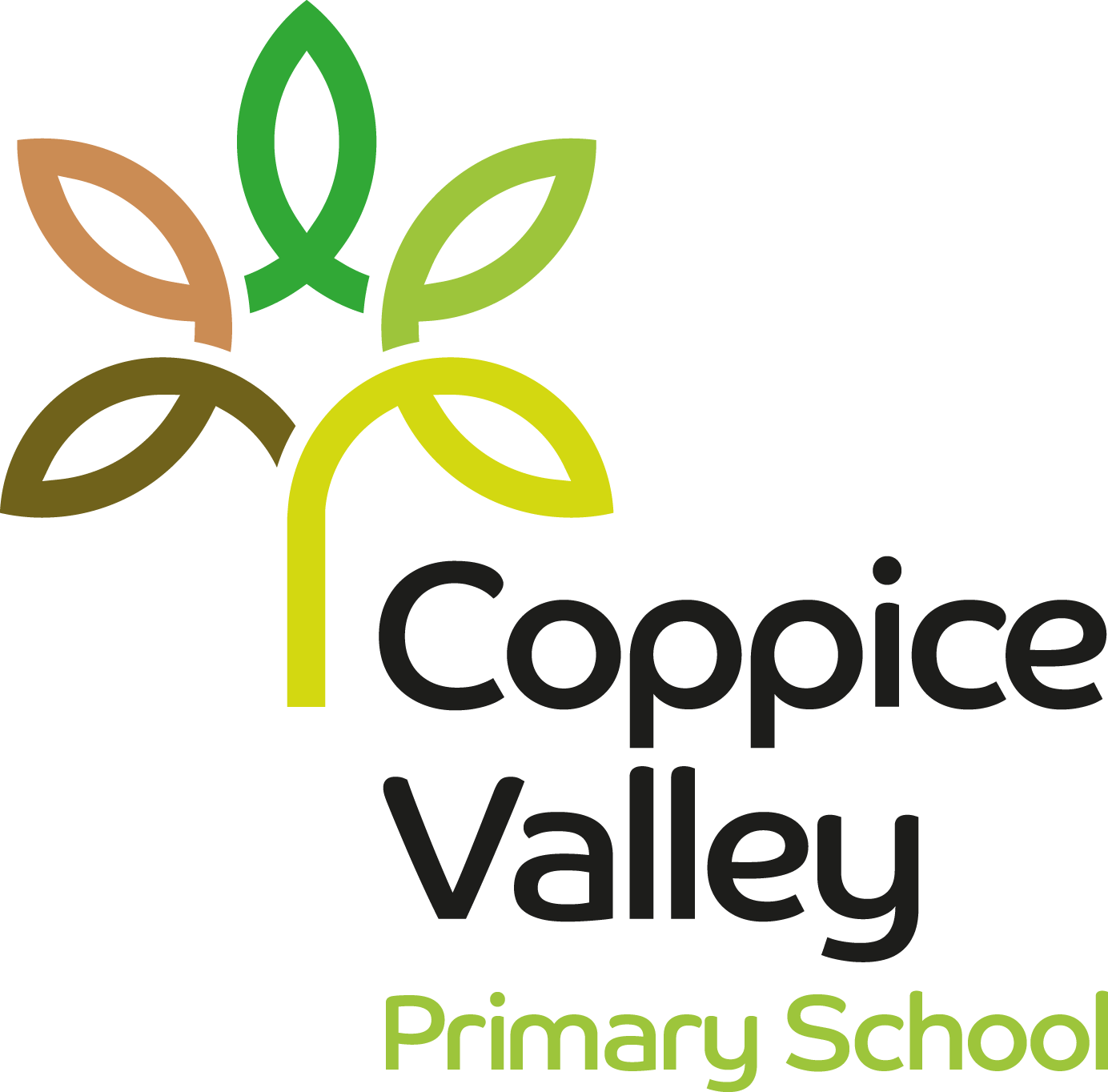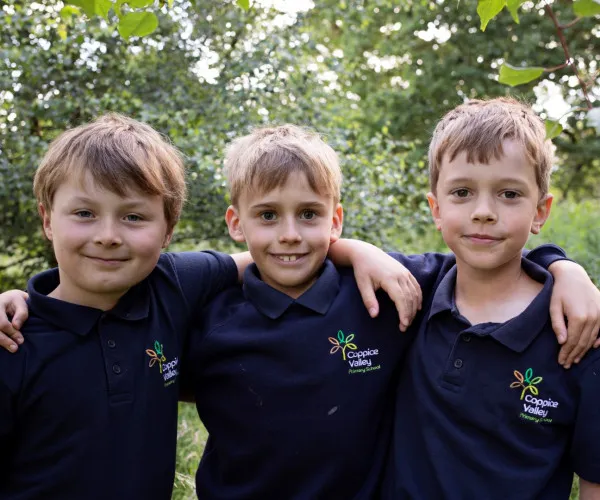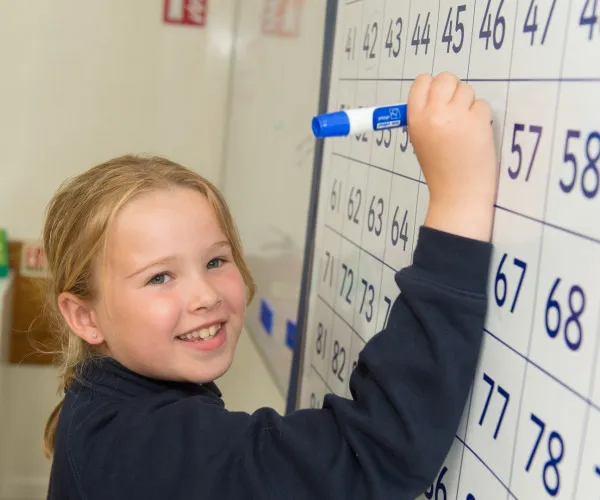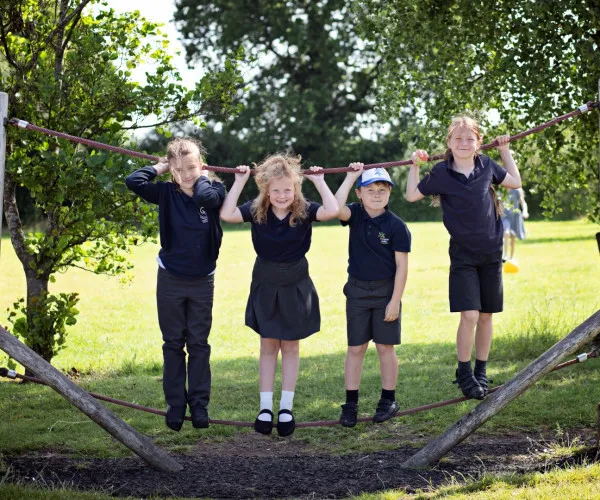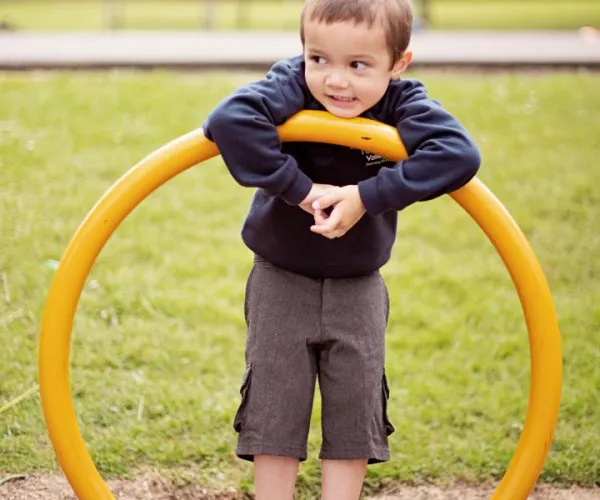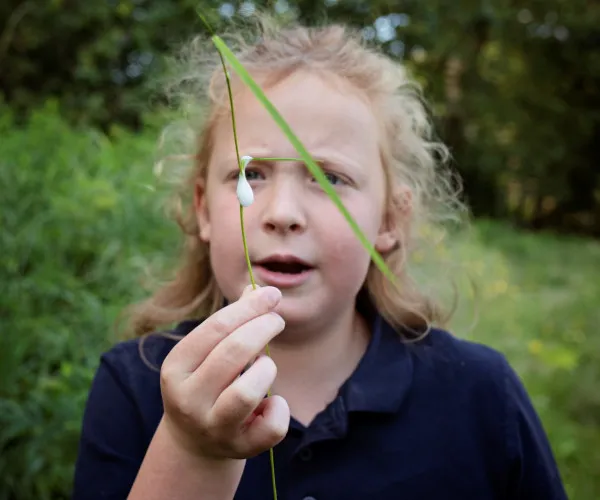RE

Subject Leader: The subject leader for Subject is Miss Morrow.
RE is about hearing different ideas and celebrating different groups of people worldwide.
At Coppice Valley, we use the North Yorkshire Agreed Syllabus 2019-2024 to plan our RE education. We follow the themes of ‘believing’, ‘expressing’ and ‘living’ to learn about the six main world religions, as well as non-religious/world views.
For students to understand religion and reflect on their own ideas and ways of living, the North Yorkshire Syllabus states that RE should "explore big questions about life, to find out what people believe and what difference this makes to how they live, so that pupils can make sense of religion, reflecting on their own ideas and ways of living.”
The implementation of RE also enhances the study of British values. It allows children to learn about the importance of mutual respect. The subject offers the chance to reflect on the relationships between values, other religions, non-religions, and beliefs. This therefore supports children in moving past attitudes of tolerance and into cultivating respect in order to accept and celebrate diversity.
Values Led Teaching
 Brave
Brave
Our RE Curriculum identifies essential questions that are covered in each unit of study. Each unit of work's central question provides a window into the material to be studied. Children will develop the confidence to communicate their understanding, as well as reflecting on how this may compare to their own lives and experiences.
 Curious
Curious
Our RE curriculum encourages self-awareness, moral courage, and the ability to foster empathy for others. The North Yorkshire Agreed syllabus supports SMSC within the classroom. Nevertheless, it is our responsibility as a school to make sure that SMSC is developed across every aspect of school life.
The implementation of RE in the curriculum substantially enhances the study of British values because it teaches students how to evaluate these ideals critically. The subject offers the chance to fully comprehend the relationships between values, other religions, and beliefs. This therefore supports children in moving past attitudes of tolerance and into cultivating respect in order to accept and celebrate diversity.
Questions within the syllabus encourage conversations around diversity, kindness and acceptance such as 'what can be done to reduce racism?' and 'what do religious and non-religious world views teach us about caring for the world?'
 Kind
Kind
The syllabus is organised around the three strands of Believing, Expressing, and Living, as well as the stated objectives. These threads are weaved throughout the academic subjects that we study in each area of the school. With each term centring around an enquiry question, the children use and apply their learning to consider and reflect on this question.
